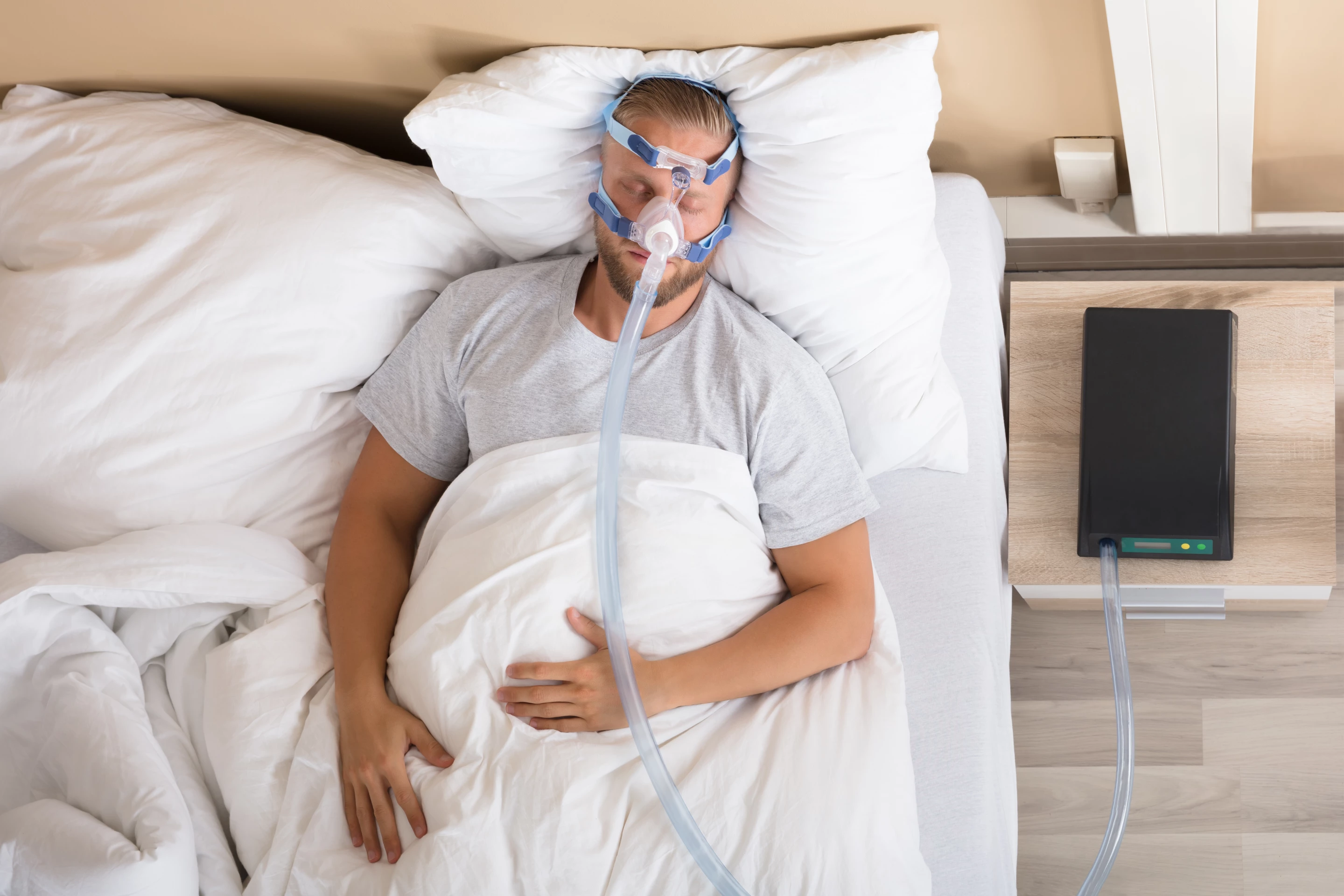Sleep apnea is estimated to affect 30 million Americans, comparable to diabetes, but it can be incredibly difficult to treat, even more so given that devices used to alleviate it are abandoned by nearly half of those diagnosed. It’s also recently been linked to a greater risk of developing Alzheimer’s disease and related dementia conditions, plus other serious health concerns like cardiovascular disease and stroke.
Traditionally, the condition is first treated with a Continuous Positive Airway Pressure (CPAP) machine, which was invented in Australia in 1980 and led to the development of the BiPAP a decade later, providing life-saving medical intervention.
However, a team of researchers has questioned the treatment, highlighting how CPAP, which is much more affordable than the BiPAP system, isn’t effective for many sleep apnea sufferers and a more personalized approach to therapy could be far more beneficial long-term.
“Rather than everyone first trying CPAP – for whom we know at least 50% will fail – we flipped the model on its head and gave everyone a dental splint in the first instance,” said Danny Eckert, professor and director at the Adelaide Institute for Sleep Health: Flinders Health and Medical Research Institute Sleep Health Research Program. “This tends to be much better tolerated than CPAP, though it is less efficacious overall, as it works in about 50% of people.”
Eckert highlights the difficulties of treating sleep apnea, which generally requires the use of a breathing device or a dental splint. Both have a high rate of abandonment due to the stress caused. The failure rate of CPAP devices has been shown to be a huge hurdle in being able to effectively treat this serious sleep condition.
While not abandoning CPAP as crucial treatment, the researchers are urging for a broader approach to therapy, and informing patients of their options.
“We found that if the dental device alone was insufficient, we added extra treatments – and this combination of therapies fixed almost all the 50% of the remaining patients,” said Eckert. “We then added alternate and emerging therapies such as oxygen therapy, and novel medications informed by the findings of a detailed sleep study that we did which tells us exactly why each person gets their OSA (Obstructive Sleep Apnea).”
This approach could help empower sleep apnea sufferers to manage their condition better, and help those with other concerns such as anxiety, which may be amplified by using a CPAP device.
“If this combination approach didn’t fully work, we then gave CPAP, but only as a last resort,” said Eckert. “Using this new approach, we were able to treat almost all participants and only a few required CPAP.
“Essentially, we believe this outlines a whole new way of treating sleep apnea.”
While there have been inroads into novel treatments, most are still works in progress.
The research was published in the journal Annals of the American Thoracic Society
Source: Flinders University





